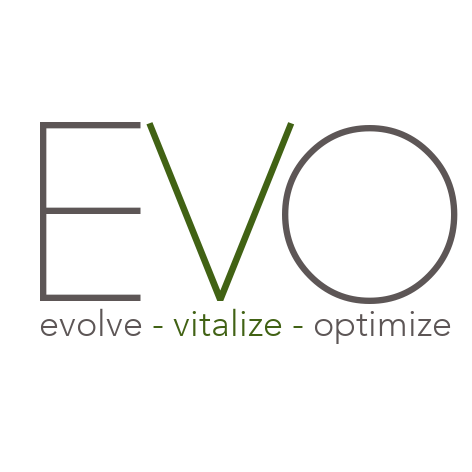Intravenous High dose Vitamin C has shown to have powerful anticancer properties. Some of these are:
Angiogenesis Inhibition
Tumor angiogenesis is the process of new blood vessel growth toward and into a tumor. It is considered to be critical in tumor growth and metastasis. Studies have shown that Vitamin C can inhibit genes needed for angiogenesis.
Inflammation Modulation
Inflammation plays a large role with cancer patients. Studies have shown that the inflammation marker CRP can be lowered with IV Vitamin C therapy. The potential effect of IVC in reducing inflammation is also supported by the observation that serum concentrations of the pro-inflammatory cytokines IL-1α, IFN-γ, IL-8, IL-2, TNF-α and eotaxin were acutely reduced after a 50g ascorbate infusion.
Peroxide Production
When administered intravenously at high doses, Vitamin C becomes an oxidant. The reason for this is that Vitamin C interacts with oxygen and iron and causes the formation of peroxide in tissues. Peroxide is used by immune cells to kill foreign pathogens and cancer cells.
Integrative Application
Some oncologists have incorporated high dose IV vitamin C with chemotherapy (except methotrexate) and radiation therapy. High dose IV vitamin C may also be indicated in treatment of terminal cancers which have not responded to chemotherapy and radiation treatment.
The NIH National Cancer Institute publishes continually updated information on clinical studies on the use of high dose IV vitamin C in the treatment of cancer. The vitamin C information on the NIH website can be accessed here

